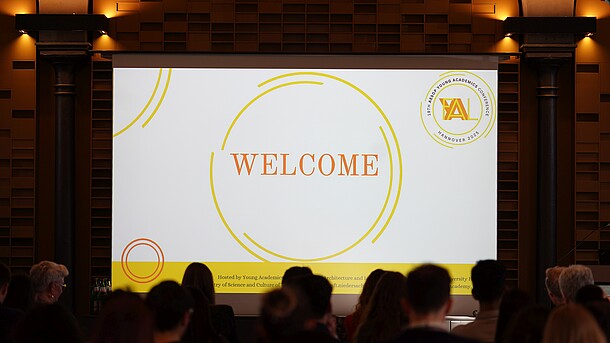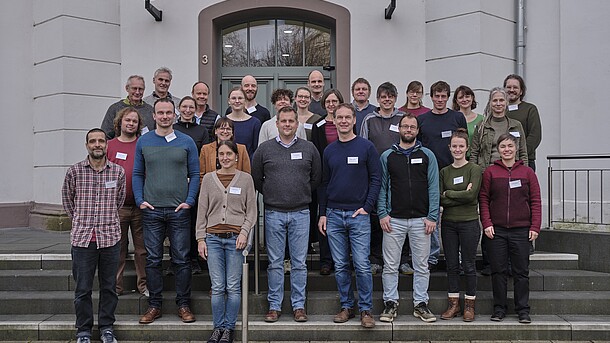On 8 September 2021, 16 students visited the Burg school garden, the "heart" of the School Biology Centre Hannover, with Dr Roswitha Kirsch-Stracke. With its predecessor sites, the facility represents almost 140 years of school garden history in Hanover. Jörg Ledderbogen, biologist and long-time curator, illustrated in a varied way the aim and purpose, topics and working methods of the institution.
In the so-called "eco-plant" there are numerous smaller experimental areas that serve as models for school gardens and schoolyards: Here, succession is made comprehensible in its different courses, be it on inclined planes, on trial areas with different substrates and in containers with different types of waste, which can be observed over four years.
The apothecary garden and the fragrance garden attracted particular interest, as did the tasting of unusual spice plants. Foreign useful plants were introduced to their uses, such as the New Zealand hemp (Phormium tenax) with its enormously tear-resistant fibres.
The crowning glory of the day was the botanical fruit examination and the tasting of around 20 different tomato varieties.
The Burg Botanical School Garden is open to anyone interested, more info:




















